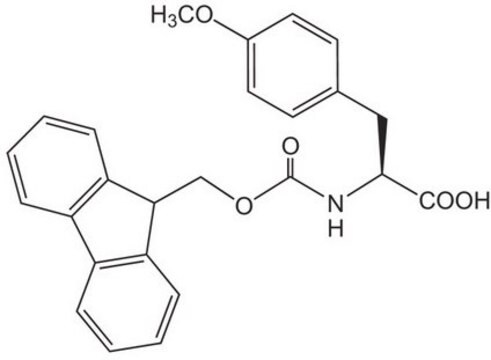D1945000
Dihydroergocristine mesilate
European Pharmacopoeia (EP) Reference Standard
Synonym(s):
Dihydroergocristine methanesulfonate salt
About This Item
Recommended Products
grade
pharmaceutical primary standard
API family
dihydroergocristine
manufacturer/tradename
EDQM
application(s)
pharmaceutical (small molecule)
format
neat
storage temp.
2-8°C
SMILES string
CS(O)(=O)=O.[H][C@@]12Cc3c[nH]c4cccc(c34)[C@@]1([H])C[C@H](CN2C)C(=O)N[C@@]5(O[C@]6(O)N([C@@H](Cc7ccccc7)C(=O)N8CCC[C@@]68[H])C5=O)C(C)C
InChI
1S/C35H41N5O5.CH4O3S/c1-20(2)34(37-31(41)23-16-25-24-11-7-12-26-30(24)22(18-36-26)17-27(25)38(3)19-23)33(43)40-28(15-21-9-5-4-6-10-21)32(42)39-14-8-13-29(39)35(40,44)45-34;1-5(2,3)4/h4-7,9-12,18,20,23,25,27-29,36,44H,8,13-17,19H2,1-3H3,(H,37,41);1H3,(H,2,3,4)/t23-,25-,27-,28+,29+,34-,35+;/m1./s1
InChI key
SPXACGZWWVIDGR-SPZWACKZSA-N
Looking for similar products? Visit Product Comparison Guide
General description
Application
Packaging
Other Notes
related product
Storage Class Code
6.1A - Combustible acute toxic Cat. 1 and 2 / very toxic hazardous materials
WGK
WGK 3
Flash Point(F)
Not applicable
Flash Point(C)
Not applicable
Regulatory Listings
Regulatory Listings are mainly provided for chemical products. Only limited information can be provided here for non-chemical products. No entry means none of the components are listed. It is the user’s obligation to ensure the safe and legal use of the product.
JAN Code
D1945000:
D1945000-1EA:
Choose from one of the most recent versions:
Certificates of Analysis (COA)
It looks like we've run into a problem, but you can still download Certificates of Analysis from our Documents section.
If you need assistance, please contact Customer Support.
Already Own This Product?
Find documentation for the products that you have recently purchased in the Document Library.
Our team of scientists has experience in all areas of research including Life Science, Material Science, Chemical Synthesis, Chromatography, Analytical and many others.
Contact Technical Service







